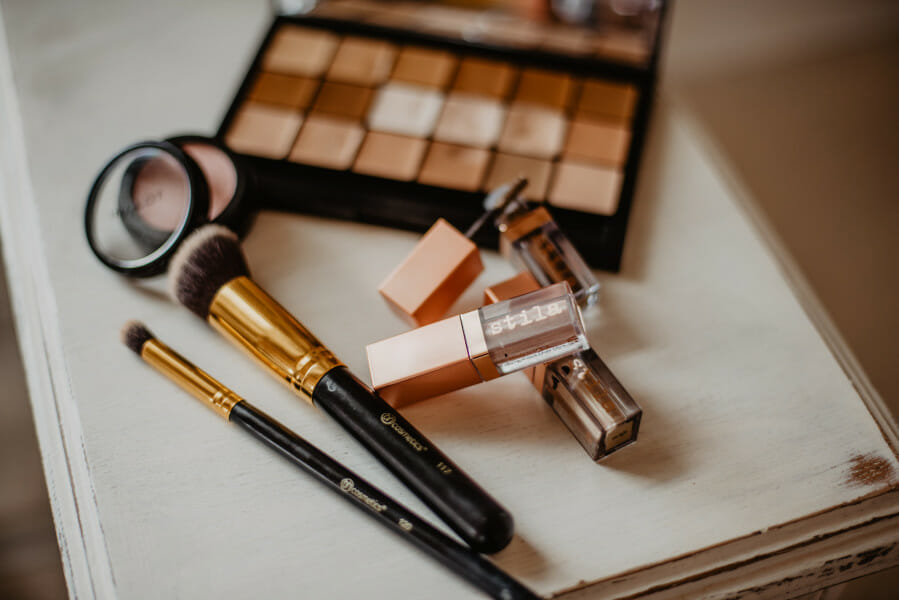Common Misconceptions about ‘Hypoallergenic’ Makeup
Hypoallergenic makeup is often marketed as a safe option for individuals with sensitive skin. It is believed to be free of allergens that can cause skin irritations. However, the reality is that virtually anything has the potential to trigger an allergic reaction in someone. What may cause irritation in one person may not affect another individual. Therefore, the term “hypoallergenic” lacks a clear definition and may not be as reassuring as it sounds, as stated by Merrady Wickes, the brand director at Crème Collective, a clean beauty brand development, and sales agency.
 Image by Ron Lach via Pexels[/caption>
Image by Ron Lach via Pexels[/caption>
According to Wickes, who has over 20 years of experience in the beauty industry, the term “hypoallergenic” is a cosmetic marketing ploy without any oversight from the FDA. While it aims to provide a sense of security by excluding common allergens, the diversity and uniqueness of allergies make it challenging to label a product as truly hypoallergenic. She has encountered allergies to various substances, including aloe, rose, avocado, cornstarch, carmine, castor oil, and vitamin B. This illustrates the complexity of allergic reactions and how they vary among individuals.
Hypoallergenic makeup products typically avoid fragrances, parabens, and dyes, says cosmetic chemist David Petrillo, the founder of the skincare brand Perfect Image. Fragrances in beauty products can lead to contact dermatitis, especially for those with inflammatory skin conditions like eczema or psoriasis. Parabens and dyes, such as paraphenylenediamine found in hair products, can also trigger allergic reactions. Despite these efforts, the absence of FDA regulations means that determining the true composition of hypoallergenic makeup solely through its label can be challenging.
Petrillo highlights that research has revealed that numerous products labeled as hypoallergenic still contain allergens in their formulations, further emphasizing the ambiguity of the term.
If you have sensitive skin, Wickes advises simplifying your skincare routine by using fewer products with fewer active ingredients. By scaling back to basics and reintroducing products gradually, you can assess your skin’s tolerances more effectively. Conducting patch tests before incorporating new products into your routine can help identify any potential irritants.
 Image by cottonbro via Pexels[/caption>
Image by cottonbro via Pexels[/caption>
Wickes stresses the importance of consulting a board-certified dermatologist if you experience persistent skin irritation. A dermatologist can help determine if you have specific allergies or if your skin has become sensitized due to the excessive use of certain skincare ingredients like retinols or AHAs and BHAs. Seeking professional guidance can provide valuable insights into addressing skin concerns effectively.
Like what you’re reading? Join Well+, an online wellness community, for access to free workouts, exclusive content, and discounts on popular wellness brands.
Featured Image by Emma Bauso via Pexels.












